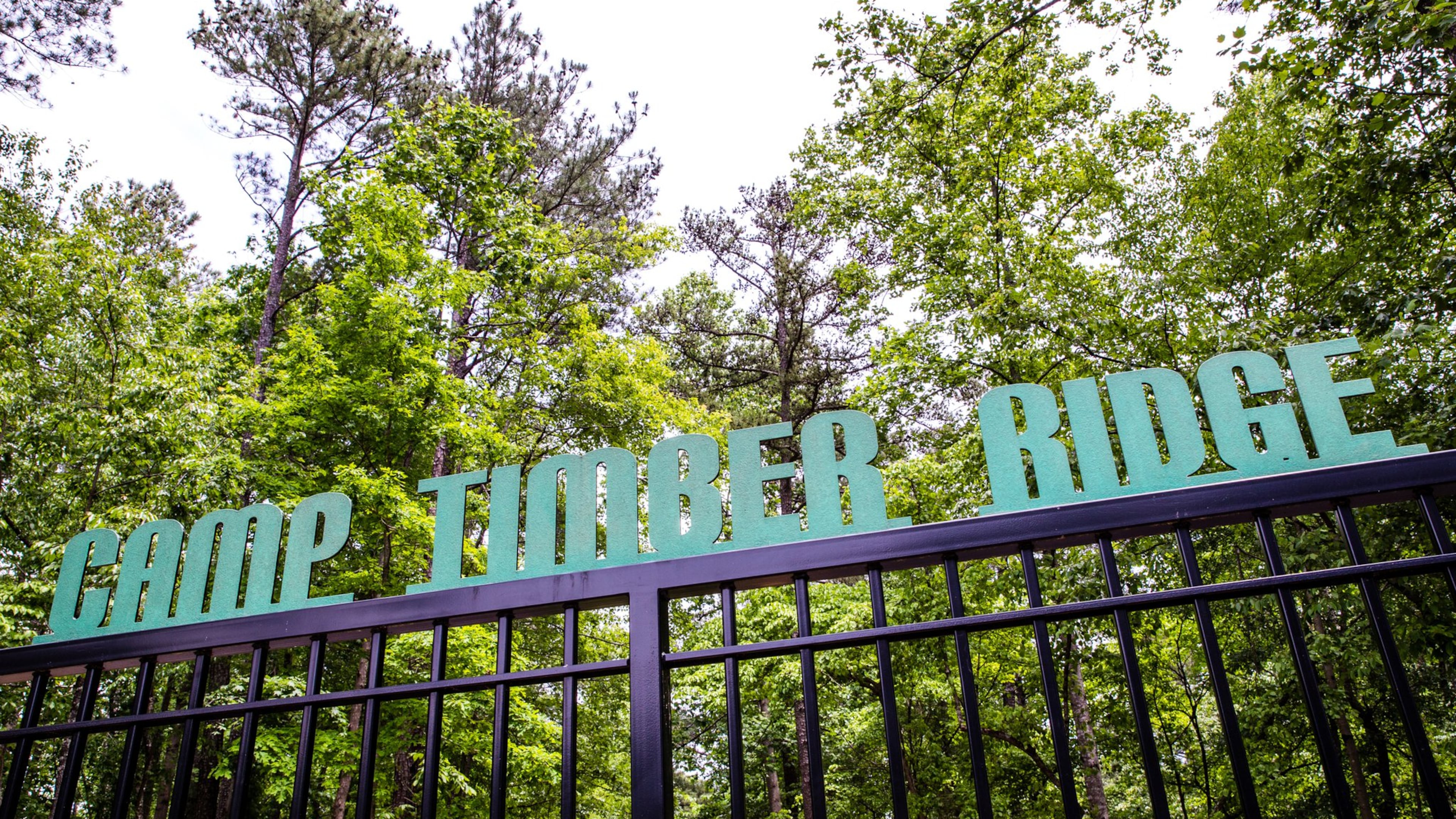Summer camp operators gauge how to work with Georgia’s new rules

After weeks of uncertainty about the safety of operating during a pandemic, many summer camp operators canceled, and it is too soon to say whether the new rules by Gov. Brian Kemp that take effect Thursday will change that.
While operators may be happy to have some clarity from the state in the absence of specific guidance from the federal government, underlying concerns about the availability and cost of disinfectant, masks and other supplies needed to combat COVID-19 are still weighing on decisions, not to mention the safety of children and workers.
“We are taking the executive order, each one of the 32 items, and seeing which ones we are able to meet,” said Catherine Hendrix, of the Bulloch County Schools in East Georgia. She has already decided to cancel a school-run camp she oversees because of the challenge of constantly disinfecting a big school that houses the camp. She also administers a federal grant for the Boys and Girls Club of Bulloch County and is helping to decide whether that summer camp will open in June as scheduled.
Kemp’s order clarifies that sleepover camps are banned until further notice but that day camps can open starting Thursday. Absent guidance from the Centers for Disease Control and Prevention, a statement from Kemp’s office said, he decided to put “guardrails” around camps so people could make summer plans. His order says the state will follow any future guidance from the CDC.
His rules cover everything from temperature checks and social distancing signs to hand sanitizer and masks for all, with the caveat that the hard-to-get masks are only mandatory “as available and appropriate.”
Parents will find it is not business as usual when they drop off and collect their children: They’ll have to stay in their cars and the times will be staggered.
Word of the new rules was just reaching many operators Wednesday. During a morning call with about 80 of them, Katie Landes, director of the Georgia Statewide Afterschool Network, encountered mixed opinions about the effect on their plans. Nearly half responded to an impromptu survey, with 1 in 10 saying the rules could make them more likely to open, but 1 in 5 saying they could make it too difficult.
Some camps do plan to open. The YMCA of Metro Atlanta is scheduling day camps starting June 1, a spokesperson said Tuesday after Kemp signed his order.
While some of the requirements might prove difficult for businesses to comply with, the governor did seem to ease one.
Previously, in the absence of specific details for summer camps, operators were looking to the state Department of Early Care and Learning guidance for child care facilities. Those required that children be kept in rooms sealed off by walls, doors and windows, with a maximum of 10 children and adults, per Kemp’s prior orders, most recently in April.
Many day camp facilities, particularly those geared toward the outdoors, lack such rooms, and the 10-person limit in Kemp's prior order that expired Wednesday night would have effectively forced operators to provide more staffers per child and, because of space constraints, limit the number of campers. Kemp's new order, however, raises that cap to 20 for child care facilities. While it imposes the same 20-person per room cap on summer camps, it does not require them to keep kids in sealed-off classrooms.
Social distancing is still encouraged: the rules say children should be kept within self-contained groups that do not mix, yet they are flexible, saying this must be done “to the extent possible.”
Numerous summer camps had already canceled, including the Girl Scouts of Greater Atlanta. Others, such as the Boys & Girls Clubs of Metro Atlanta, canceled the first half of summer, leaving open the possibility of a return in June.
Online camps were a popular alternative among operators hoping to offer something, at least. Zoo Atlanta, for instance, canceled its Safari Camp last week, and is developing virtual programming. This may help some parents, but for those with children 12 and under who must leave home to work, child care may still be an issue. At that age, state guidelines require adult supervision.
The last big option hasn’t closed yet: government-run camps. Many city and county parks and recreation departments run camps. While some, such as the city of Chamblee’s, have shuttered, most haven’t decided.
Steve Card, executive director of the Georgia Parks and Recreation Association, said the new rules make it clear that summer camp is allowed but officials have to decide whether they can comply with all the new cleaning, social distancing and screening requirements.
“It’s kind of been a whirlwind of people looking through all of those guidelines,” he said.
Here are five of the 32 rules for summer camps to operate during the coronavirus pandemic included in an executive order by Gov. Brian Kemp. The full list of rules in the executive order is available on the state of Georgia website, Georgia.gov
• Parents dropping off and picking up campers must remain in their vehicles
• Screen campers at drop off. No one with fever, cough, other symptoms allowed to enter
• If possible, require day campers to bring their own lunch and snacks in sealed, labeled bags
• Clean and sanitize bathrooms throughout the day; shared bathrooms must be sanitized at least twice a day
• Limit groups including workers and campers to 20 or less in spaces where 6 feet of social distance cannot be maintained


